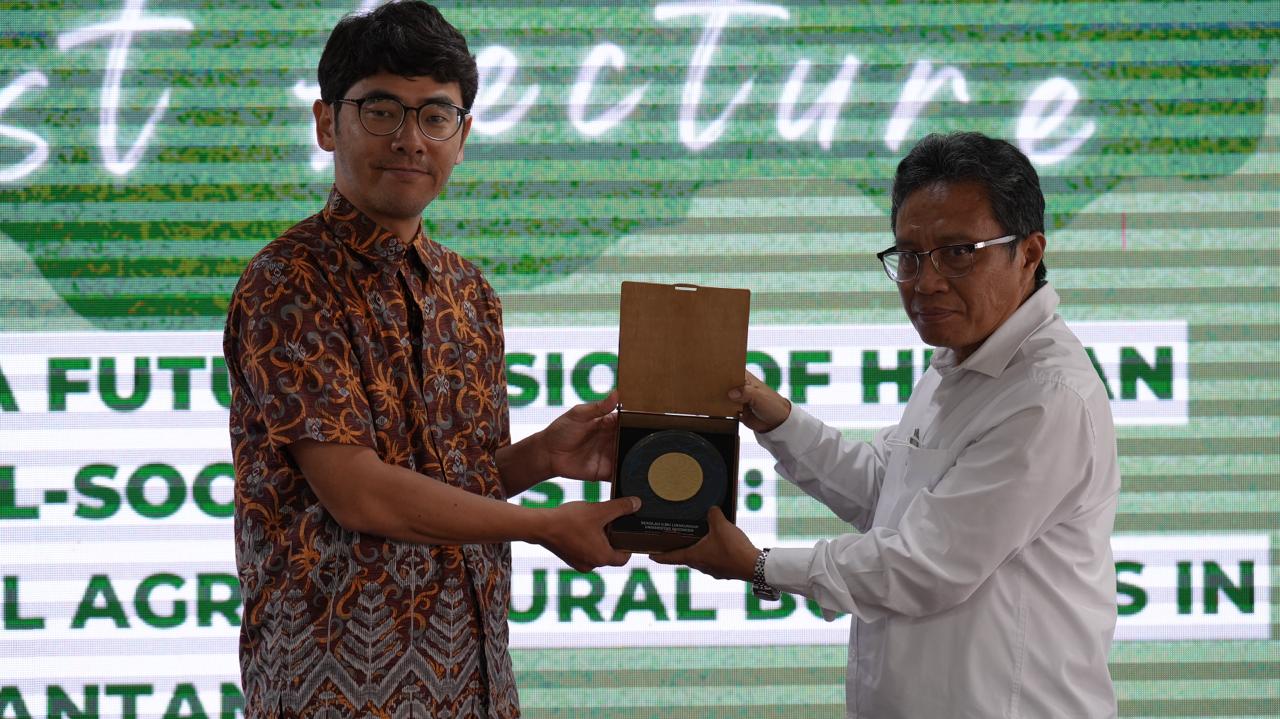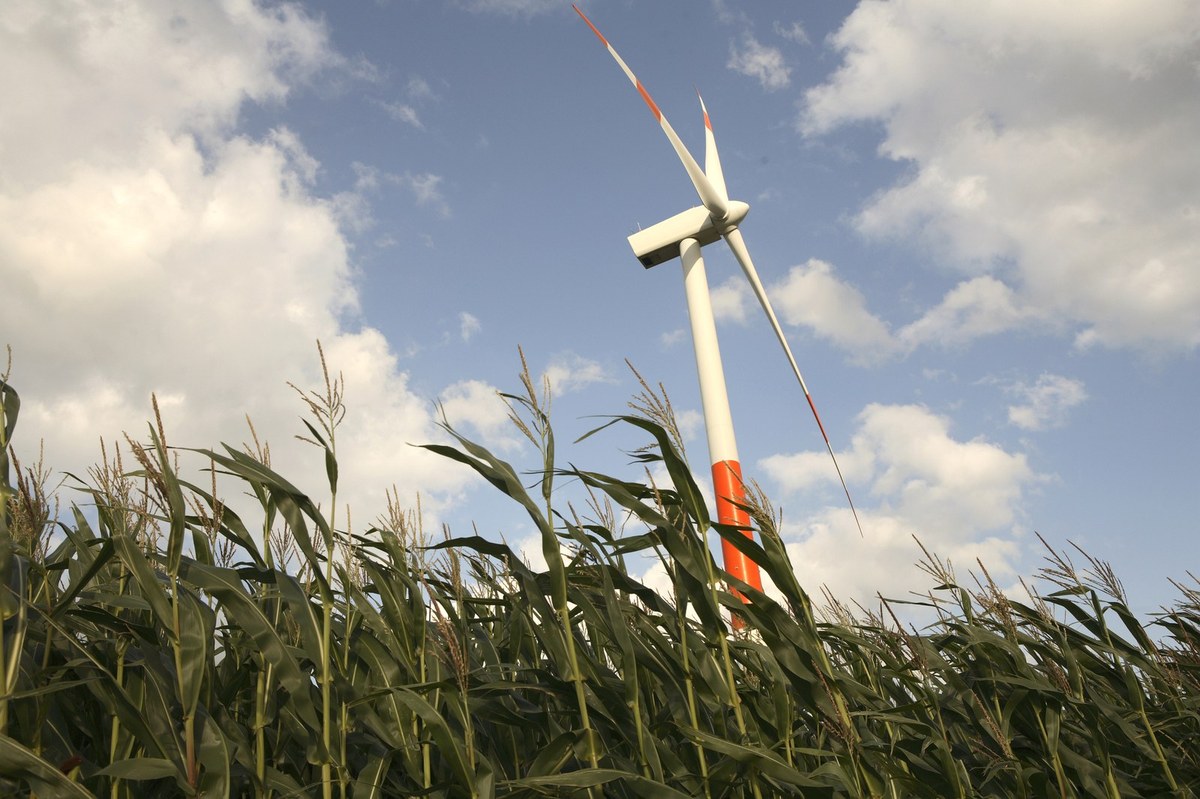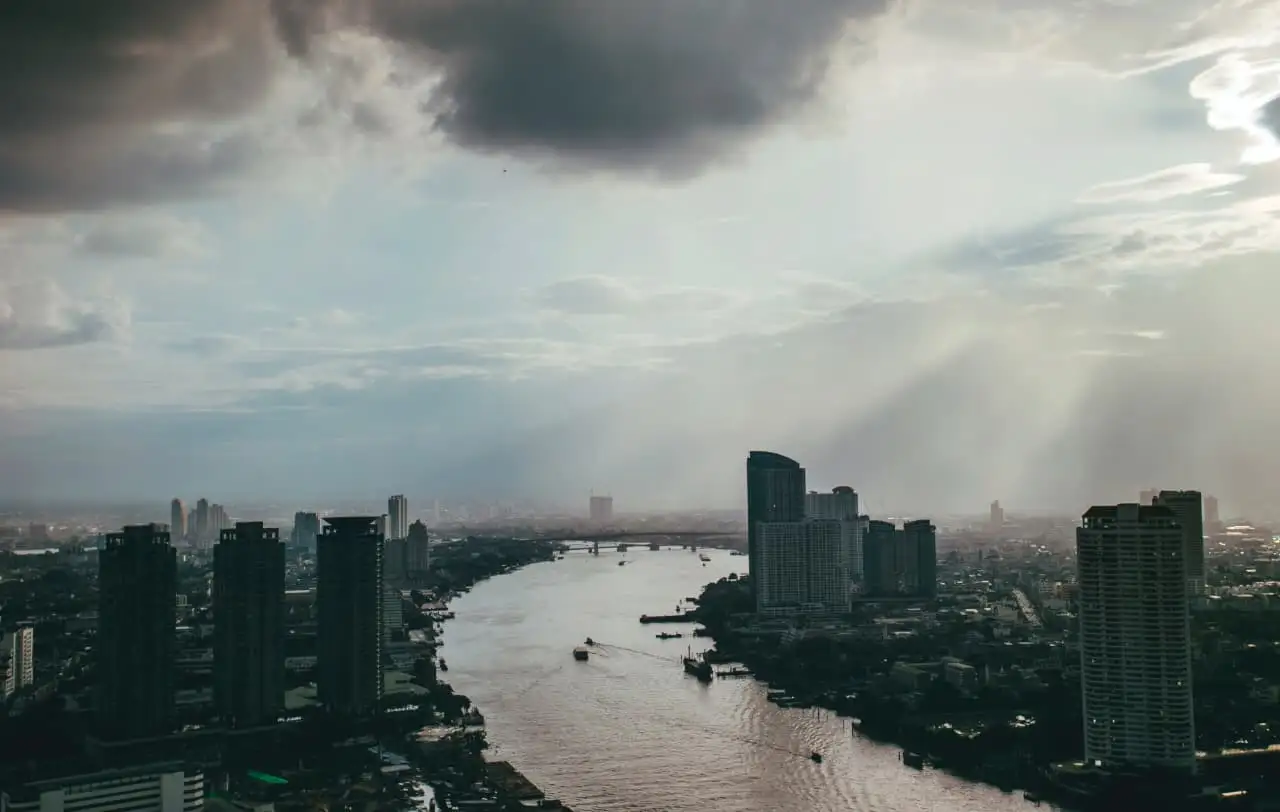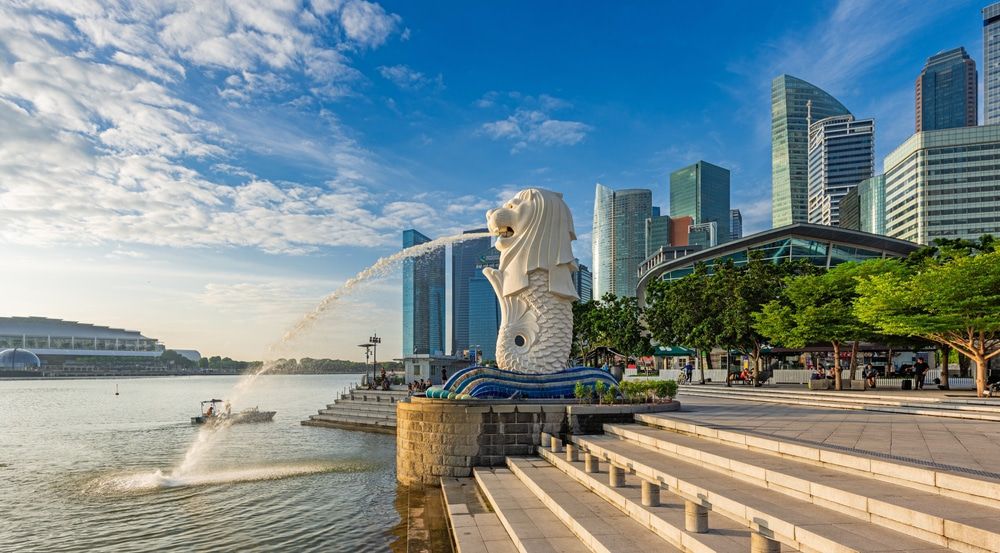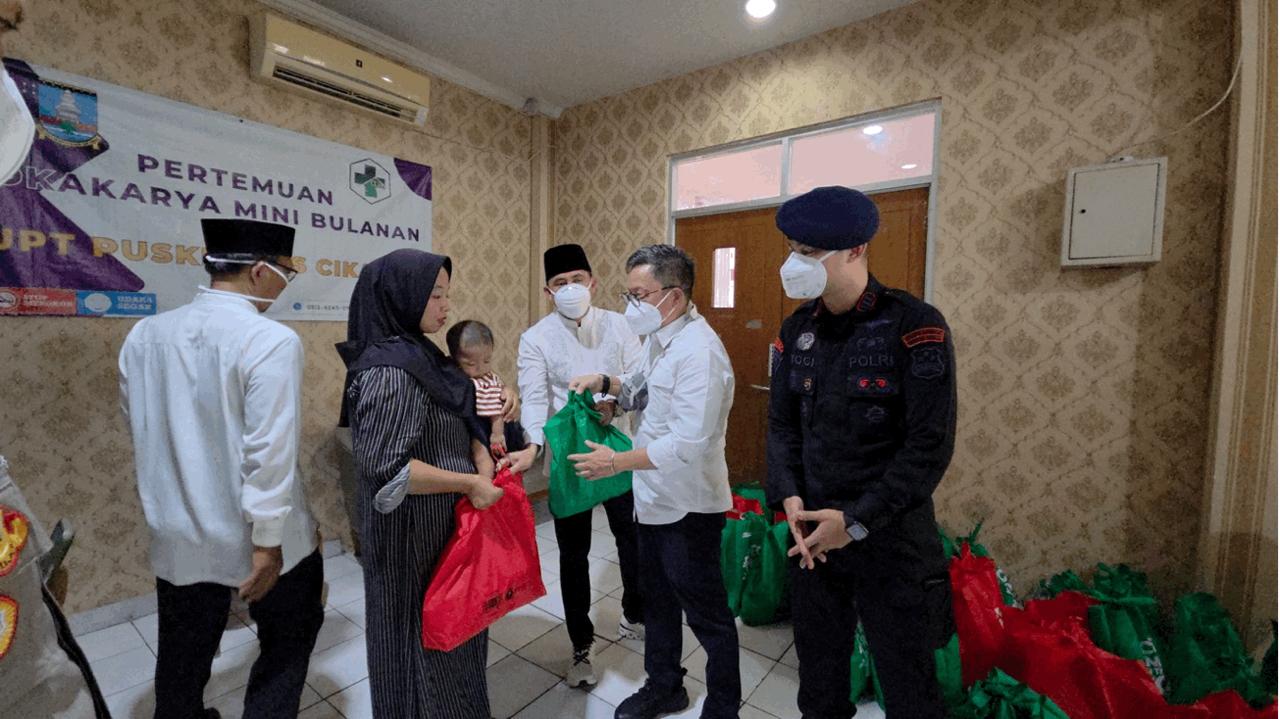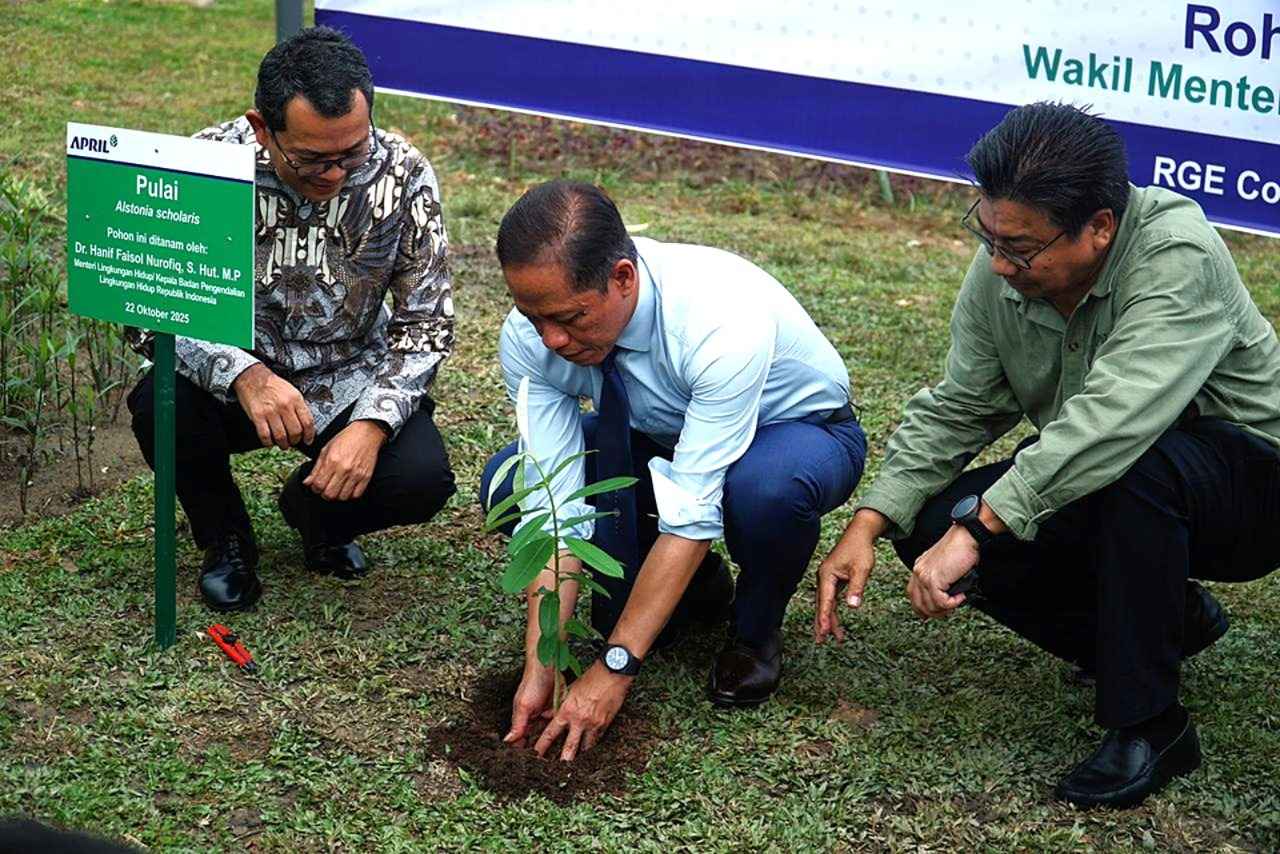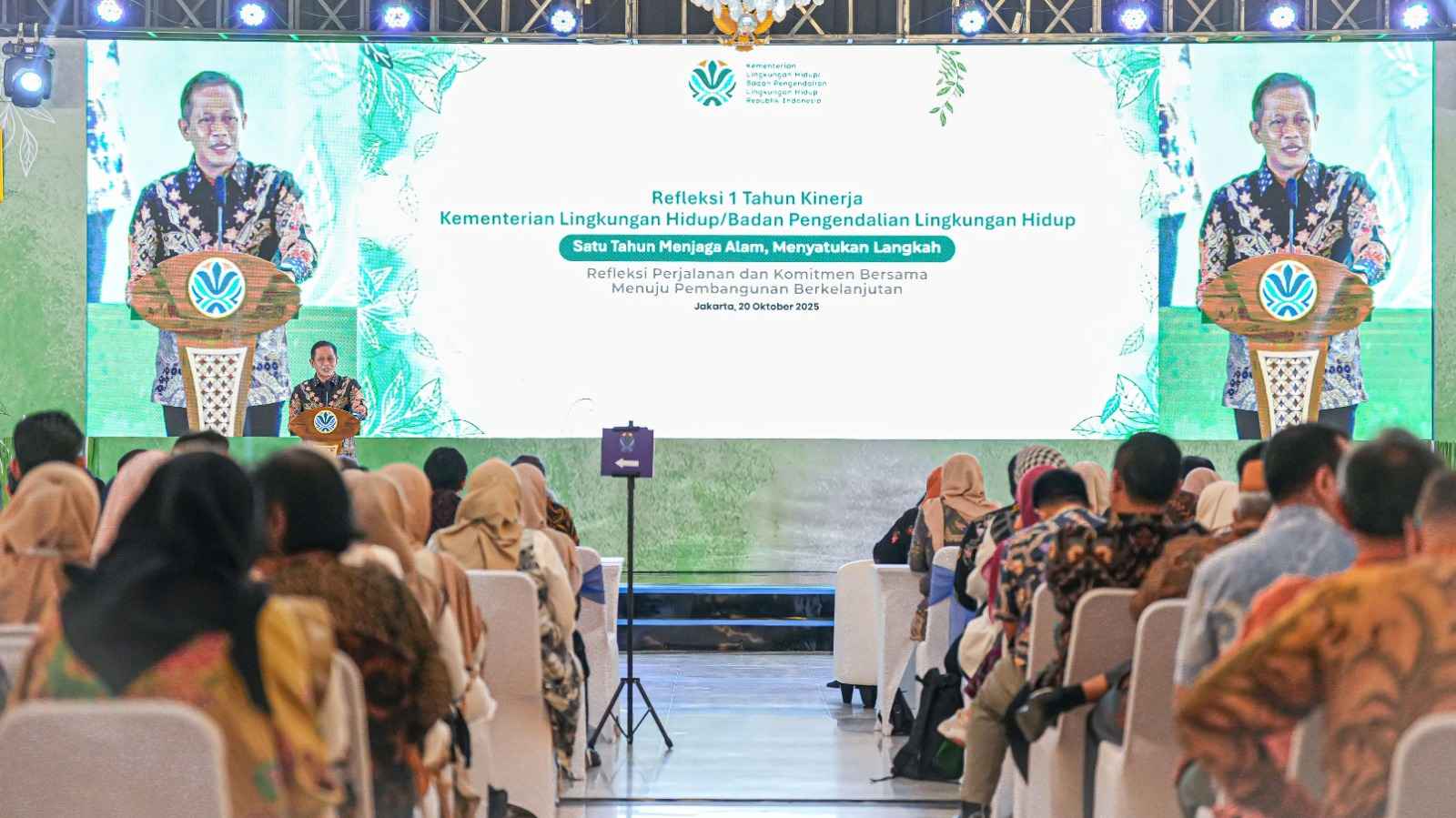Enviro News Asia, Jakarta — The University of Indonesia (UI) School of Environmental Science held a guest lecture on Tuesday, August 26, 2025, focusing on “How to Make a Future Vision of a Human Environmental-Social System: A Case of Local Agricultural Business in Central Kalimantan.”
The event was held at the UI IASTH Building to discuss the interconnectedness of human, environmental, and social systems.
UI’s School of Environmental Science Director, Prof. Dr. Supriatna, M.T., emphasized the importance of interdisciplinary collaboration to tackle increasingly complex environmental challenges.
The lecture featured Dr. Takahiro Ota, an Associate Professor from the Graduate School of Human Sciences at Osaka University, who specializes in socio-ecological systems and sustainable development in Asia.
During his presentation, Ota argued that sustainable development should not be viewed solely from economic or environmental perspectives but as an integrated system.
He used the example of local businesses in Central Kalimantan, such as swiftlet nest and stingless bee honey production, to illustrate the close relationship between humans, animals, and the environment.
“Industries like these show that humans not only create artificial environments for animals but also depend heavily on the surrounding natural conditions,” Ota explained.
Ota highlighted the importance of a systems thinking approach to understanding complex environmental issues.
He pointed out that individual factors—such as business motivations, animal ethics, and attitudes toward climate change risks—play a significant role in shaping socio-environmental systems.
The issues discussed directly relate to current environmental challenges, including forest fires, land degradation, and threats to food security.
Prof. Supriatna concluded the event by expressing his hope that the lecture would inspire new ideas and encourage UI students and researchers to develop relevant research that provides sustainable solutions to global challenges. (*)




